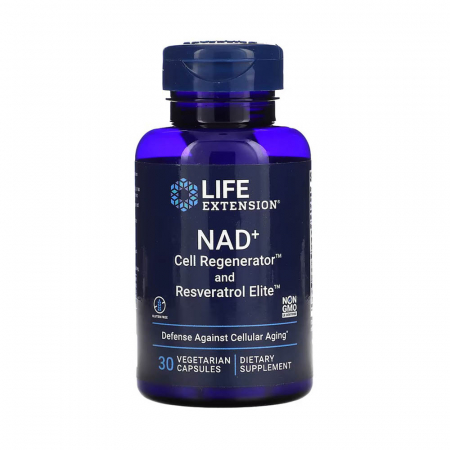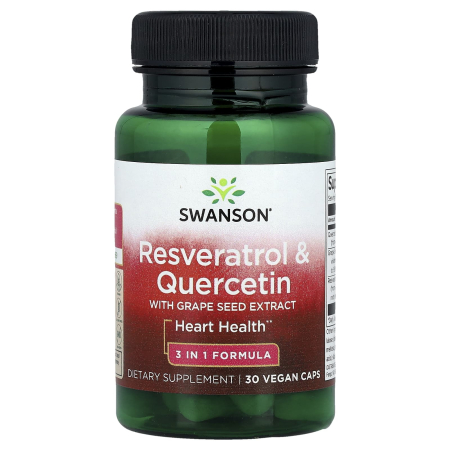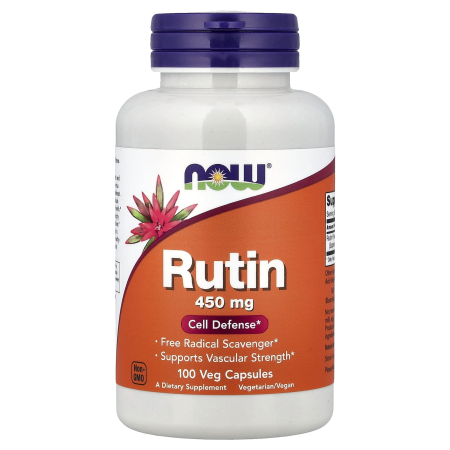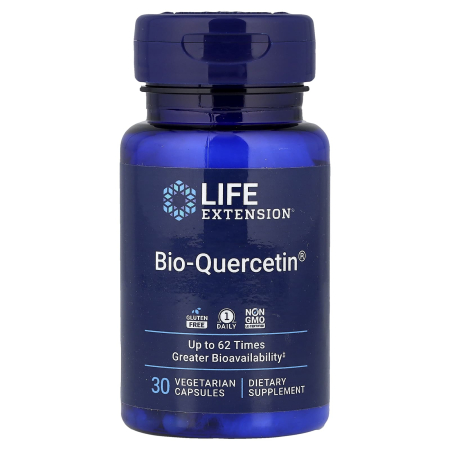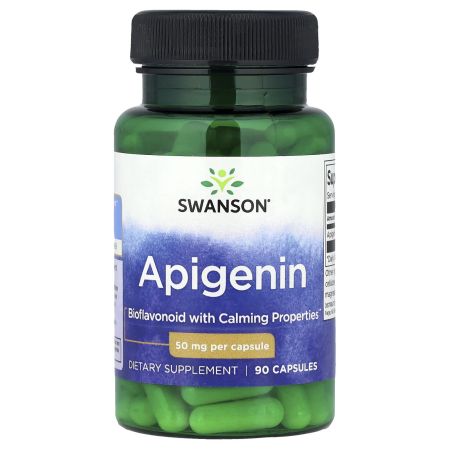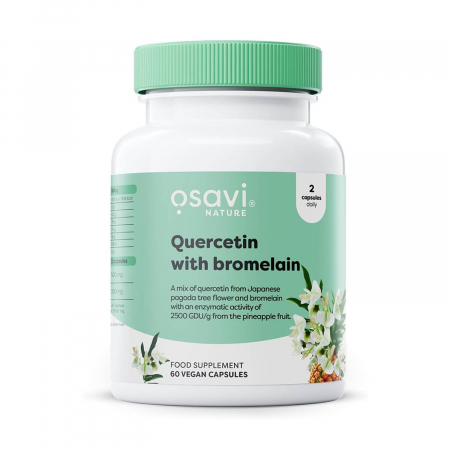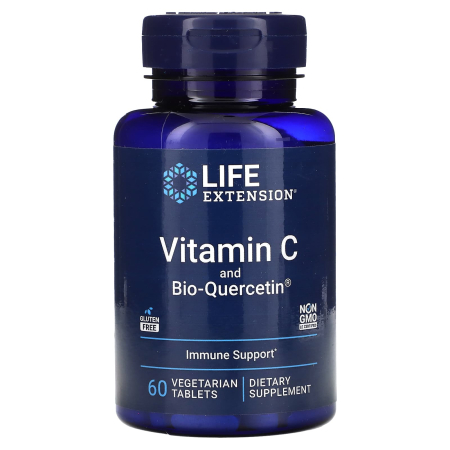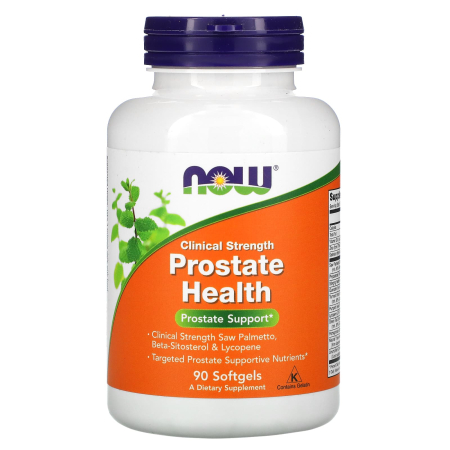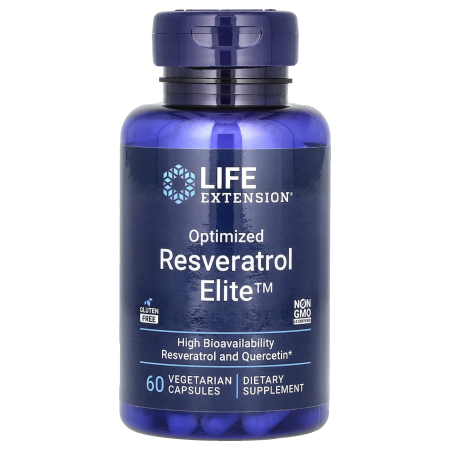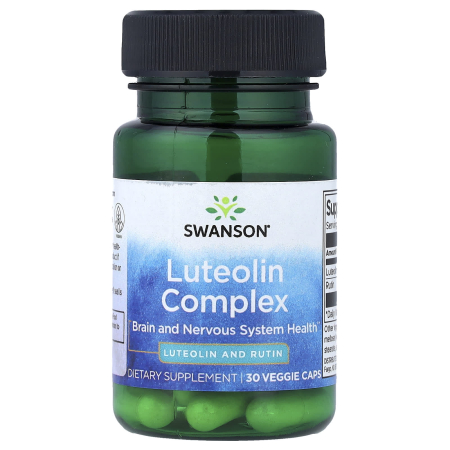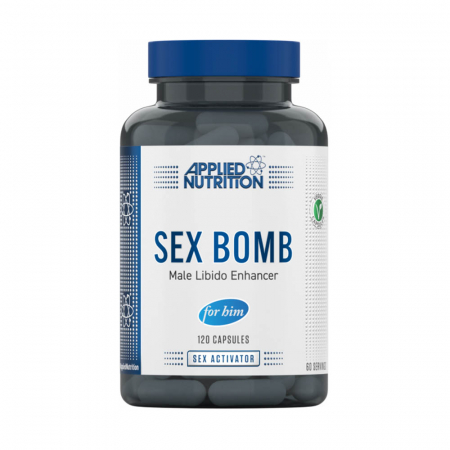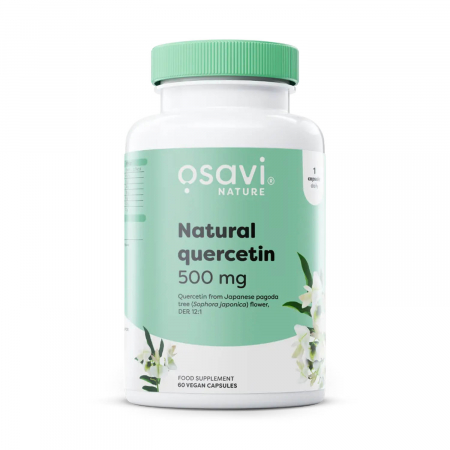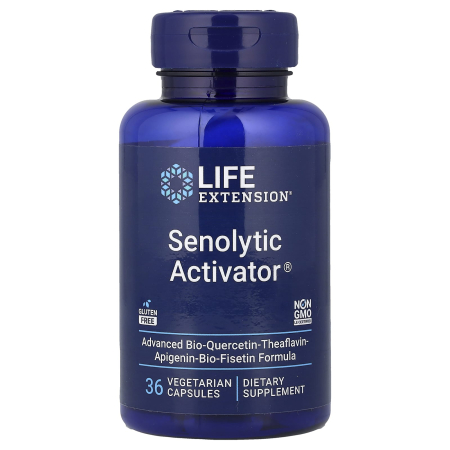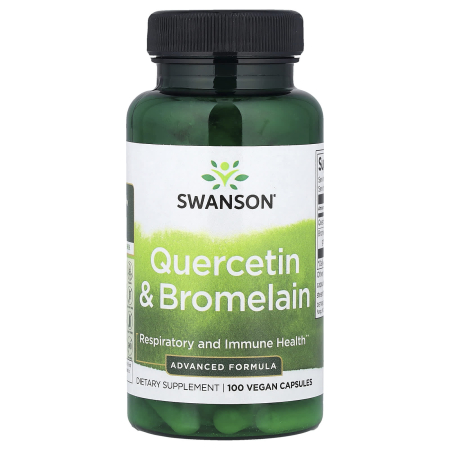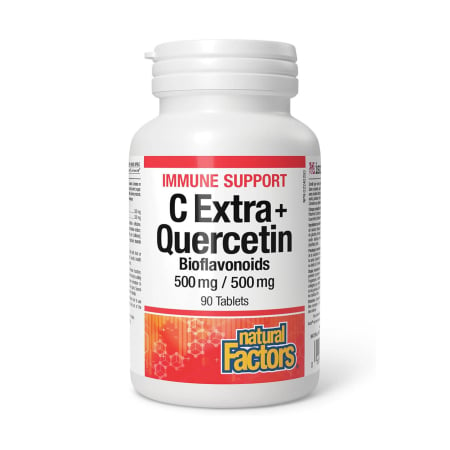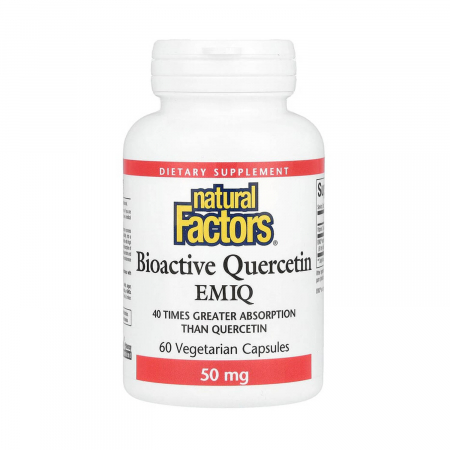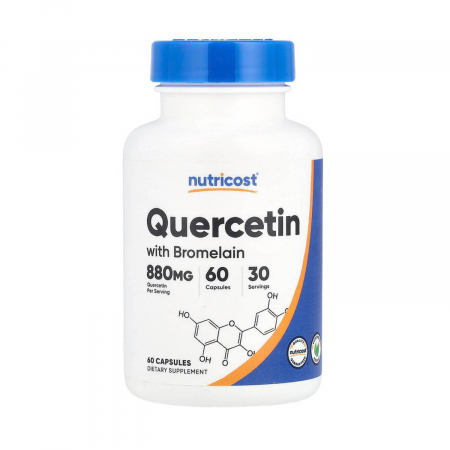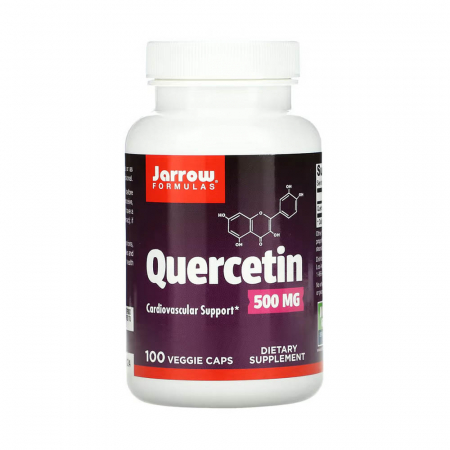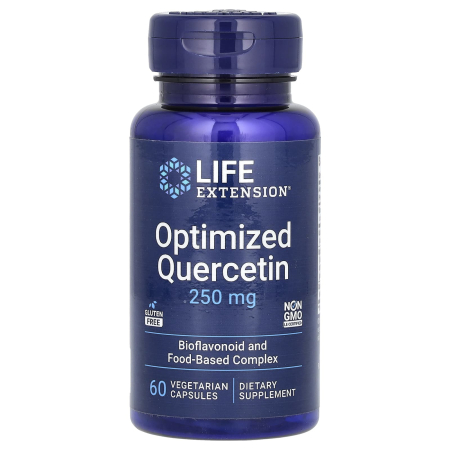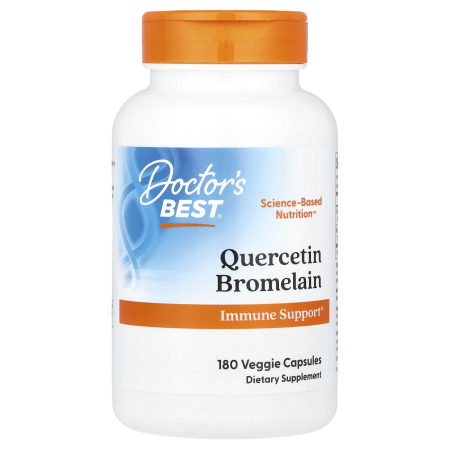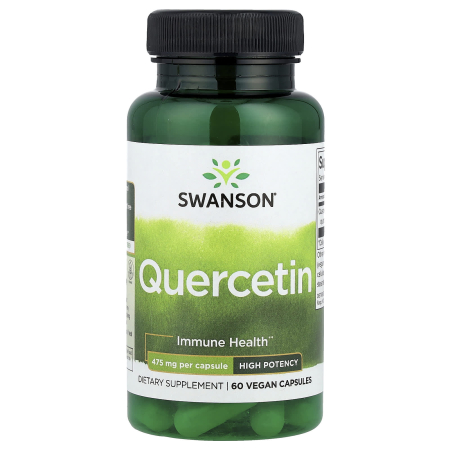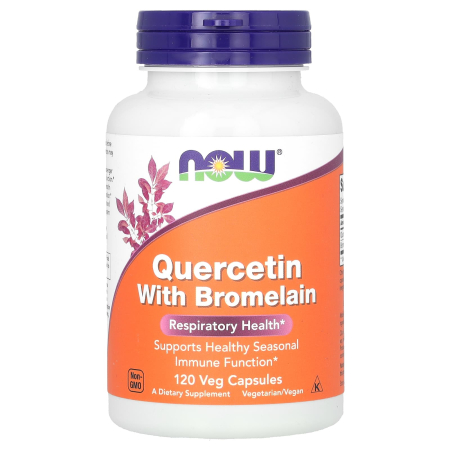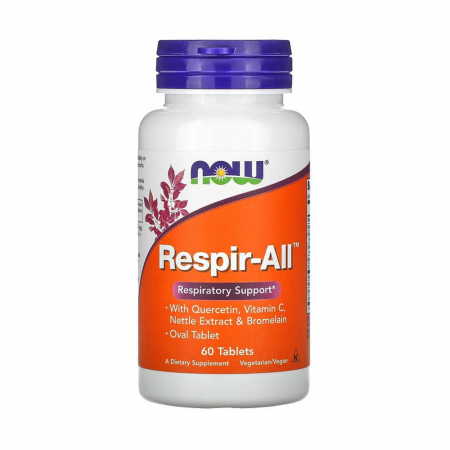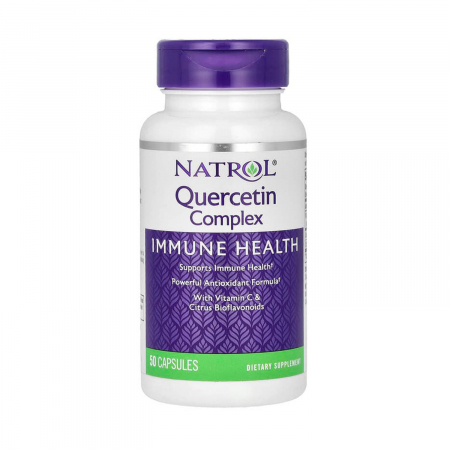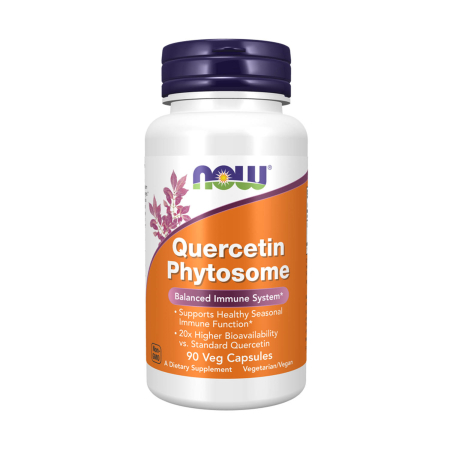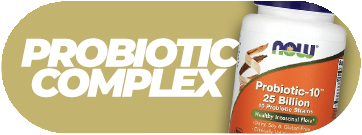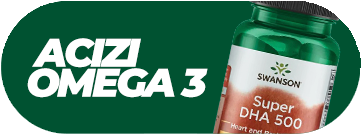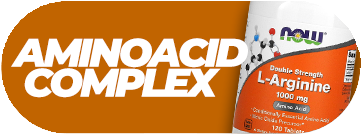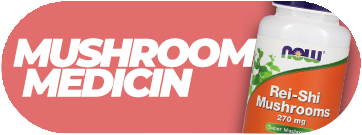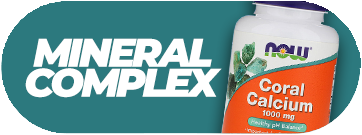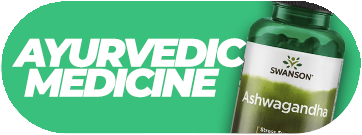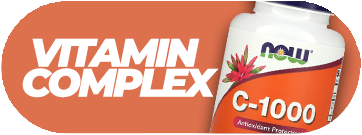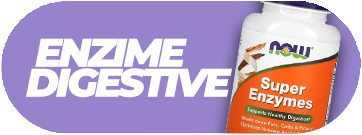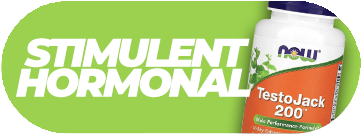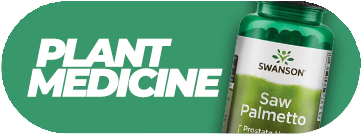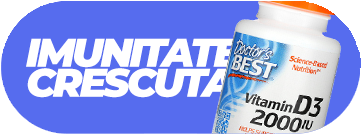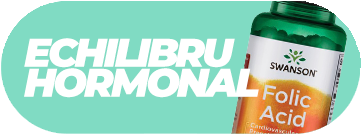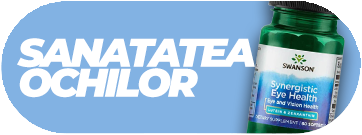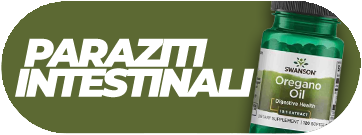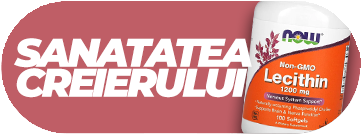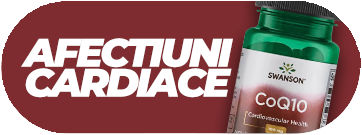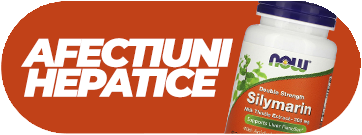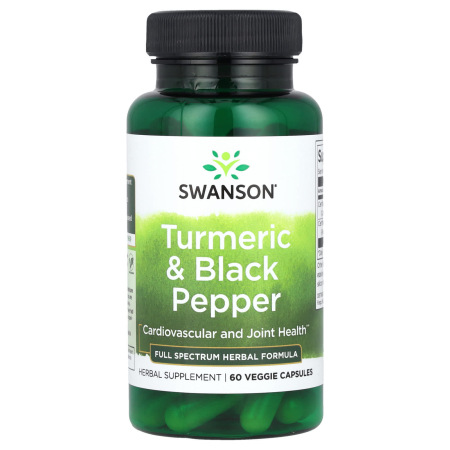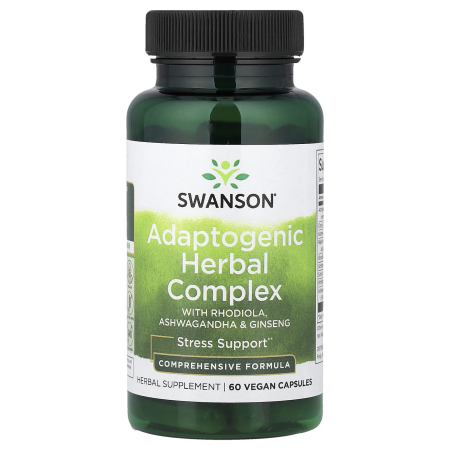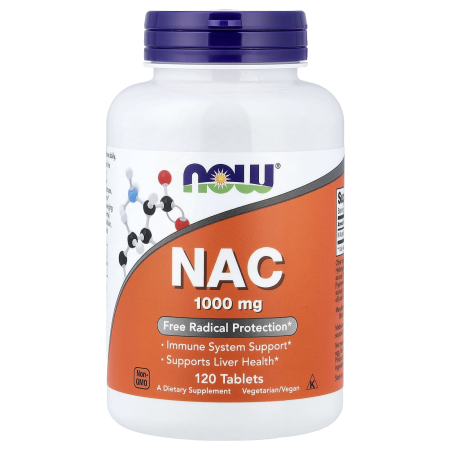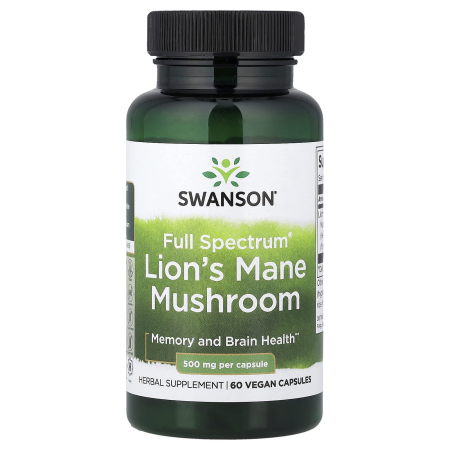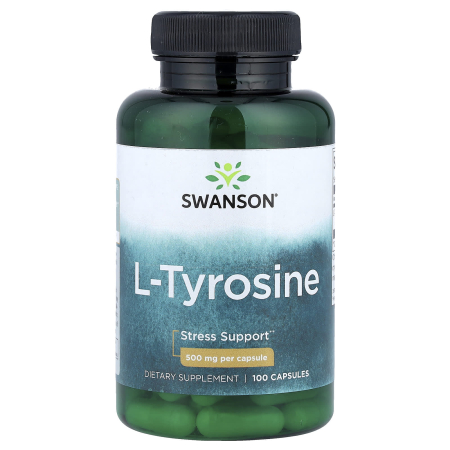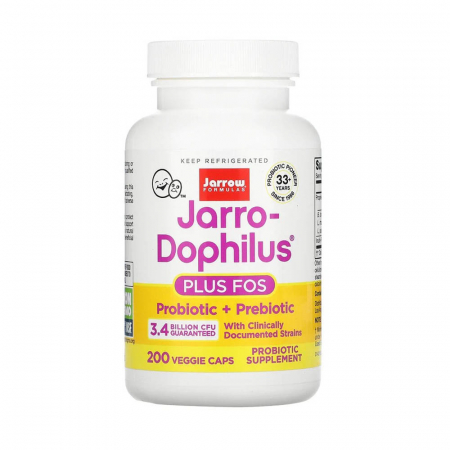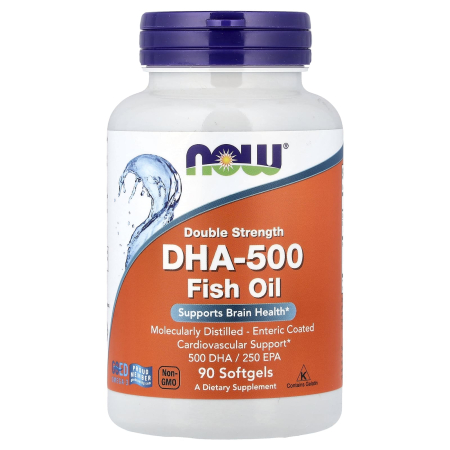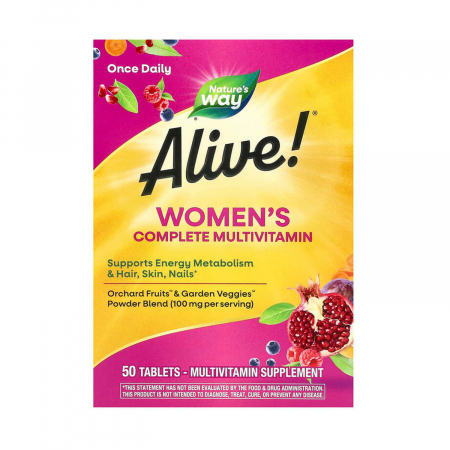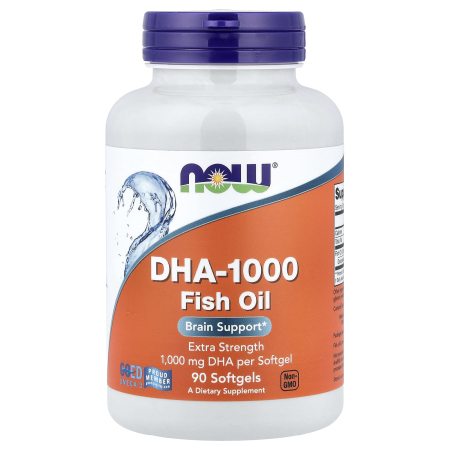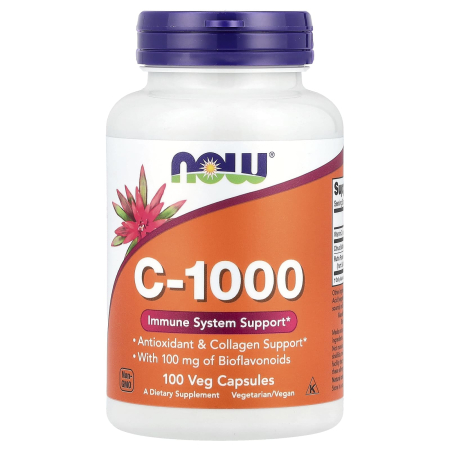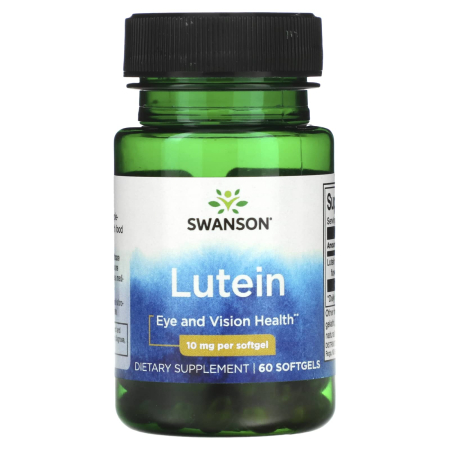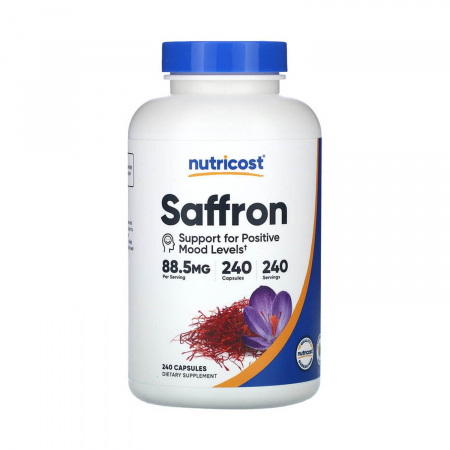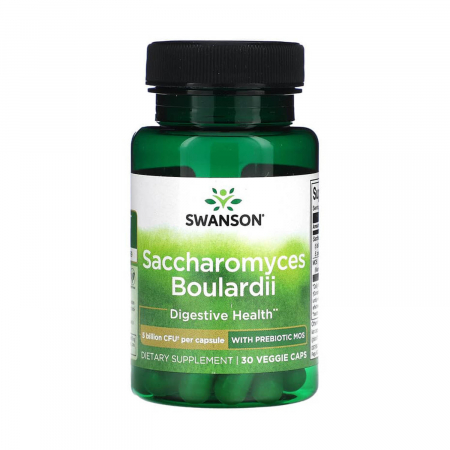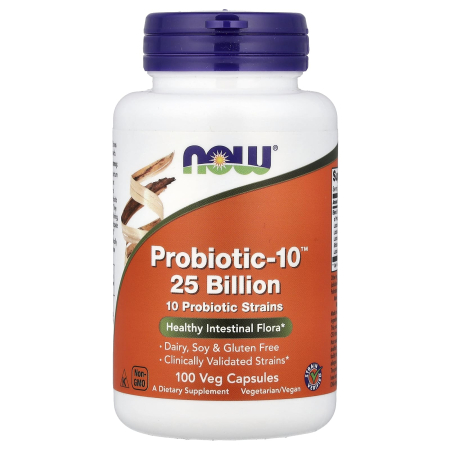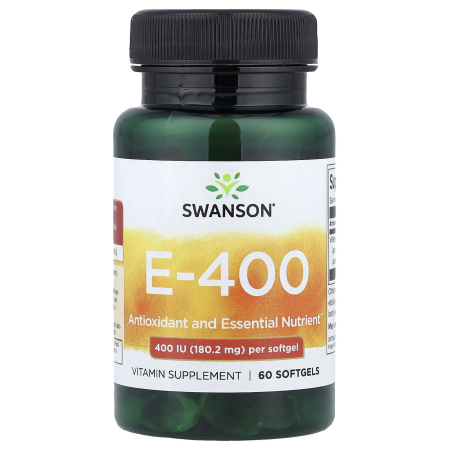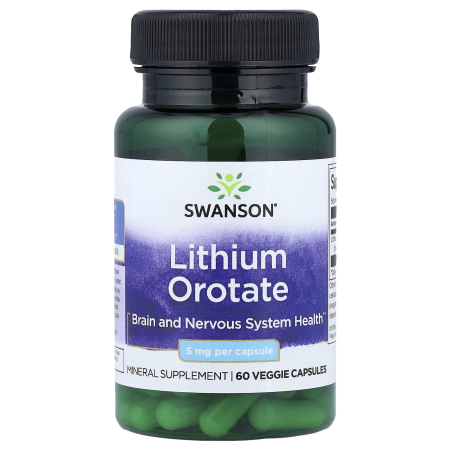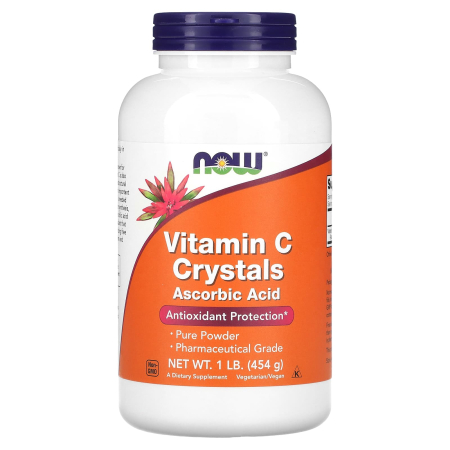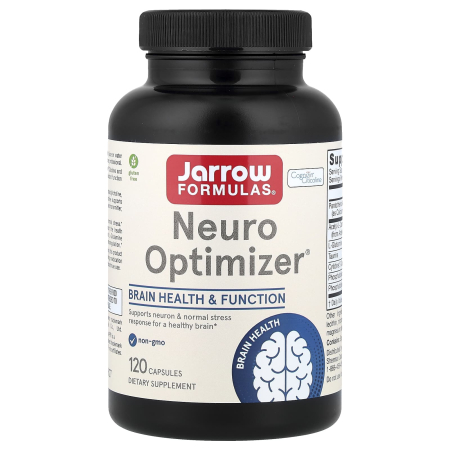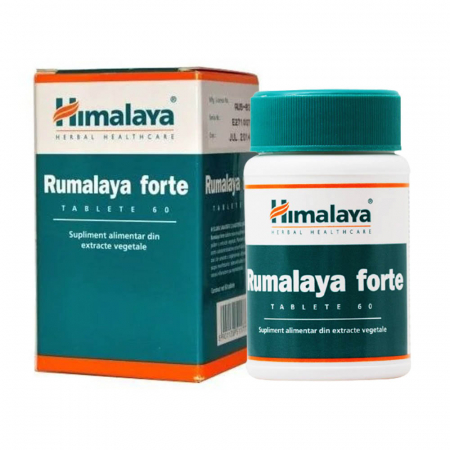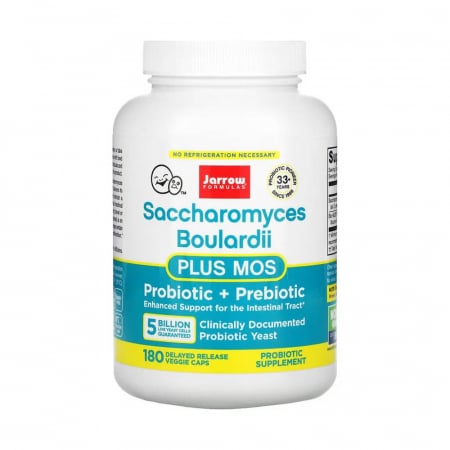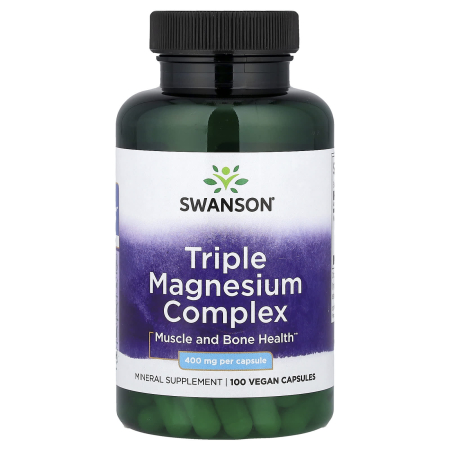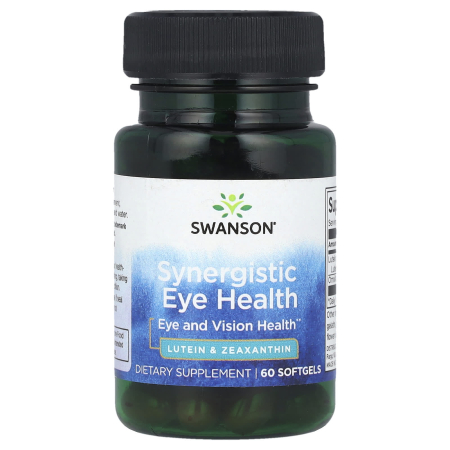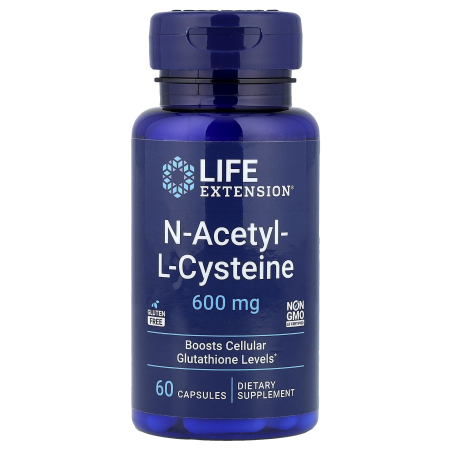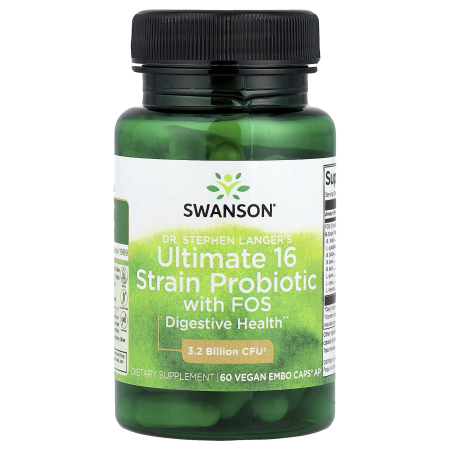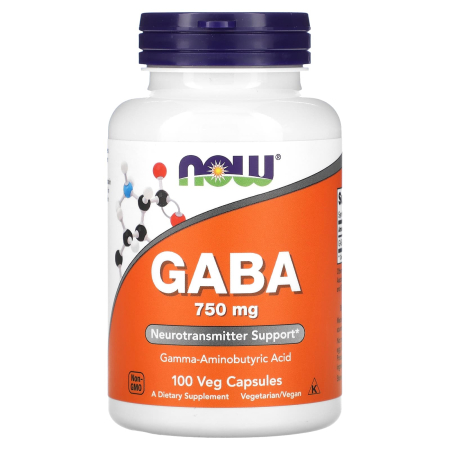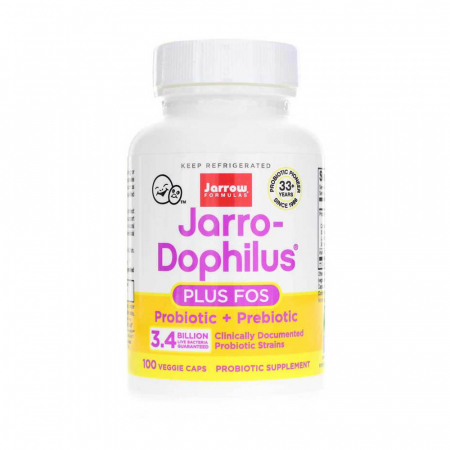Quercetin
Display: 1-25 from 25 products
Filters
Quercetin is a plant pigment (flavonoid) found in many plants and foods, such as red wine, onions, green tea, apples, berries, ginkgo biloba, St. John's wort, elderberry, and others. Also, buckwheat tea has a large amount of quercetin.
Quercetin is used to treat conditions of the heart and blood vessels, including hardening of the arteries (atherosclerosis), high cholesterol, heart disease and circulation problems. It is also used for cataracts, diabetes, peptic ulcer, schizophrenia, inflammation, asthma, gout, viral infections, chronic fatigue syndrome, cancer prevention and to treat chronic prostate infections. Quercetin is also used to increase endurance and improve athletic performance.
Quercetin acts as an antioxidant, neutralizing free radicals – unstable chemical compounds that damage cell membranes and damage DNA. Available as a dietary supplement, quercertin also has antihistamine and anti-inflammatory properties.
· Prevention of neurological diseases
Quercetin can help prevent neurodegenerative diseases such as Alzheimer's or Parkinson's disease. Oxidative stress contributes to the development of neurodegenerative diseases. Oxidative stress occurs when there is an imbalance of free radicals in the body. The antioxidant properties of quercetin can help fight free radicals.
Research conducted on rats showed that quercetin could protect against oxidative stress. It also showed that quercetin could protect against the toxic effect of certain metals on the nervous system.
· Improvement of allergic symptoms
Various researches suggest that quercetin could be an effective antihistamine because it restricts the release of histamine from the cells. These anti-allergic properties indicate that quercetin could help treat bronchitis and asthma.
· Prevention of infections
Quercetin has antibacterial properties, which are effective against almost all types of bacteria, especially those related to: stomach and intestines, skin, respiratory, urinary.
Quercetin, together with other flavonoids, could help fight viruses such as: adenovirus, herpes simplex virus, Japanese encephalitis, respiratory syncytial virus.
· Reducing the risk of heart disease
Diet plays an essential role in reducing the risk of cardiovascular diseases, such as heart disease and stroke. Since fruits and vegetables contain flavonoids, eating more of them can reduce the risk of these diseases.
Quercetin may improve the health of blood vessel cells and blood flow through arteries in people with heart disease.
· Decrease in blood pressure
According to a 2016 study by the American Heart and Stroke Association, taking quercetin supplements can be an effective way to lower blood pressure.
Other research has shown that people who were overweight and took a quercetin supplement of 150 mg per day had lower levels of harmful cholesterol in their blood, as well as reduced systolic blood pressure, which measures the pressure in the blood vessels during the heartbeat.
· Athletic endurance
According to a 2013 study, an impressive connection was observed. They analyzed 60 male students who had participated in athletics for at least three years and observed improvements in lean body mass, total body water, basal metabolic rate, and total energy expenditure after taking quercetin.
To date, the results to support the benefits of quercetin are mixed.
Quercetin is used to treat conditions of the heart and blood vessels, including hardening of the arteries (atherosclerosis), high cholesterol, heart disease and circulation problems. It is also used for cataracts, diabetes, peptic ulcer, schizophrenia, inflammation, asthma, gout, viral infections, chronic fatigue syndrome, cancer prevention and to treat chronic prostate infections. Quercetin is also used to increase endurance and improve athletic performance.
Quercetin acts as an antioxidant, neutralizing free radicals – unstable chemical compounds that damage cell membranes and damage DNA. Available as a dietary supplement, quercertin also has antihistamine and anti-inflammatory properties.
· Prevention of neurological diseases
Quercetin can help prevent neurodegenerative diseases such as Alzheimer's or Parkinson's disease. Oxidative stress contributes to the development of neurodegenerative diseases. Oxidative stress occurs when there is an imbalance of free radicals in the body. The antioxidant properties of quercetin can help fight free radicals.
Research conducted on rats showed that quercetin could protect against oxidative stress. It also showed that quercetin could protect against the toxic effect of certain metals on the nervous system.
· Improvement of allergic symptoms
Various researches suggest that quercetin could be an effective antihistamine because it restricts the release of histamine from the cells. These anti-allergic properties indicate that quercetin could help treat bronchitis and asthma.
· Prevention of infections
Quercetin has antibacterial properties, which are effective against almost all types of bacteria, especially those related to: stomach and intestines, skin, respiratory, urinary.
Quercetin, together with other flavonoids, could help fight viruses such as: adenovirus, herpes simplex virus, Japanese encephalitis, respiratory syncytial virus.
· Reducing the risk of heart disease
Diet plays an essential role in reducing the risk of cardiovascular diseases, such as heart disease and stroke. Since fruits and vegetables contain flavonoids, eating more of them can reduce the risk of these diseases.
Quercetin may improve the health of blood vessel cells and blood flow through arteries in people with heart disease.
· Decrease in blood pressure
According to a 2016 study by the American Heart and Stroke Association, taking quercetin supplements can be an effective way to lower blood pressure.
Other research has shown that people who were overweight and took a quercetin supplement of 150 mg per day had lower levels of harmful cholesterol in their blood, as well as reduced systolic blood pressure, which measures the pressure in the blood vessels during the heartbeat.
· Athletic endurance
According to a 2013 study, an impressive connection was observed. They analyzed 60 male students who had participated in athletics for at least three years and observed improvements in lean body mass, total body water, basal metabolic rate, and total energy expenditure after taking quercetin.
To date, the results to support the benefits of quercetin are mixed.

